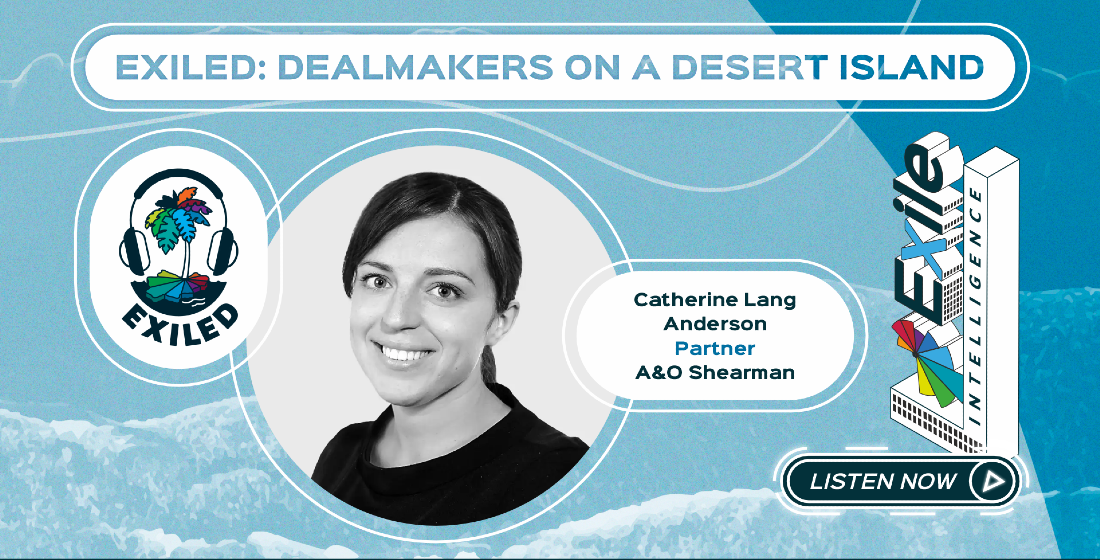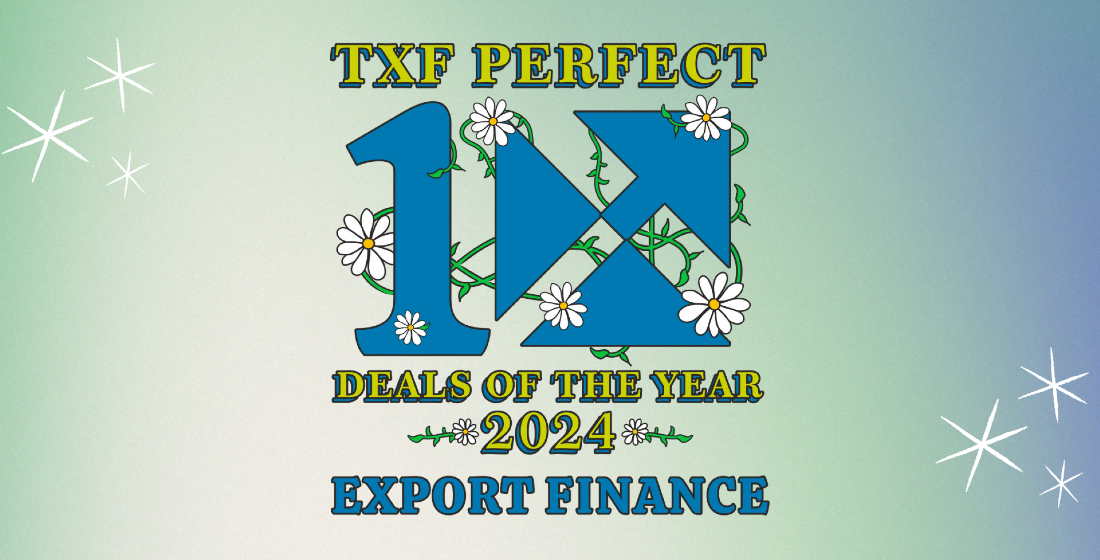The growing role of EXIM Hungary
TXF spoke to Gergely Jakli, CEO and chairman of the board of directors at EXIM Hungary, to outline the increasing range of ECA activities in the Covid era, like the promotional banking function of the Hungarian ECA, as well as its performance in 2020 - and its perspectives for 2021.

Being a state-owned export credit agency (ECA), EXIM Hungary has played an active role in the stabilisation of its pandemic-stricken economy while continuing to promote the exports of Hungarian firms overseas.
From possessing a level of knowledge comparable to large ECAs to managing deals in more than 50 countries globally, EXIM Hungary has a wide range of services. But intensifying its domestic activities has been higher on the agenda in response to the economic downturn caused by the Covid-19 crisis.
TXF spoke to Gergely Jakli, CEO and Chairman of the Board of Directors at EXIM Hungary, to outline the increasing range of ECA activities in the Covid era, like the promotional banking function of the Hungarian ECA, as well as its performance in 2020 - and its perspectives for 2021.

Gergely Jakli (GJ): It is an undeniable fact that our domestic role in Hungary's extremely open economy, as a state-owned ECA, has significantly grown during the crisis, as the coronavirus pandemic hit foreign trade and international value chains. And our main mandate is to finance exporting companies and to provide insurance against their export risks, which have ballooned.
In the Hungarian economy – where nearly 90% of the GDP derives from exports and where the economic downturn was 13.6% in the first half of 2020 – we had to play a key role in crisis management. The Hungarian government launched economic protection actions to immediately curb the negative effects of the pandemic, such as the Economy Protection Action Plan, within the framework of which we launched a package of Compensation Programs comprising three pillars: loans, loan protection and insurance. These seem to have be particularly effective in accomplishing their objective.
The present situation has again justified the advantage that we operate our banking and insurance activities in an integrated manner, and thus we are able to simultaneously provide funding to the Hungarian representatives of the export chain, to insure their increased risks, to maintain their international relations and to strengthen their international competitiveness with the widest possible array of instruments in a time of global crisis. All this is in accordance with the phenomenon and process that has characterised our activity in recent years: that besides the traditional ECA role, we also perform a promotional banking function.
TXF: Is it fair to say the greatest demand you faced as an ECA as the outbreak hit was for working capital loans?
GJ: Yes, definitely, at least in the first phase of the economic crisis, which is reflected in the figures. Compared to the previous year, in 2020 our loan portfolio increased by 40% mainly due to the shift of priorities during the pandemic resulting in our accentuated domestic lending activity and the launching of our Compensation Program Package.
85% of our credit portfolio is working capital loans, which is hardly surprising in the first phase of a crisis when the most urgent task is to maintain liquidity. However, we also received claims for investments that definitely indicate the optimism of the market and the resilience of the Hungarian exporters. In summary, we can state that we were able to effectively utilise and rely on our market knowledge and experiences gained in financing the export value chain over the past 26 years.
EXIM’s ECA product is the second most popular of the Economy Protection Action Plan loan programs aimed at supporting enterprises. The total volume of new loans granted in 2020 corresponds to more than 5% of the overall amount of the Hungarian corporate credit portfolio and the number of transactions also exceeded all our previous records. I would like to add that last year we broke our own records in a row: our total portfolio of lending and assets and our balance sheet total have reached an unprecedented record. Last year we also entered into the biggest transaction in our history, the railway project in Egypt that has recently been extensively covered by your magazine.
TXF: Have you experienced changes in the field of your traditional ECA activities, e.g. export credit insurance?
GJ: It is highly important to be able to finance accounts receivable, especially today in the midst of a pandemic. As our figures reveal, our partners make use of these available opportunities. And by the way, it's no accident that classic ECA tasks – i.e. to support companies with state subsidies – become amplified and all the more important in times of crisis.
Due to the amendment of EU regulation, we can now offer insurance everywhere. Taking into consideration that nearly 90% of Hungarian exports are oriented to the EU, the new regulatory environment has also opened new possibilities for us. It has also strengthened the security and complete cooperation required by our exporters. New locations have appeared in our insurance portfolio: the US, Austria, Czech Republic, UK, Estonia, France, the Netherlands, Croatia, Japan, Poland, Latvia, Italy, Romania, Spain, Slovakia and Slovenia.
TXF: How do you go about fundraising as an ECA, especially when looking to evolve your lending capacity?
GJ: Our funding portfolio is diversified. For example, development bank funds and commercial bank bilateral credits are available and we also issue both Hungarian and international bonds. Of the development bank funds, I would like to highlight the credits of EIB and the Council of Europe Development Bank (CEB).
We have excellent opportunities as our rating is in accord with the Hungarian sovereign rating, therefore both our Fitch and the Standard & Poor’s stand-alone rating is BBB. As for the bond issues, last year we implemented three, highly successful HUF-based bond issuances that reflect investors’ confidence in our bank.
TXF: What prospects do you anticipate for EXIM Hungary in 2021?
GJ: While the temporary framework remains, we will continue to provide compensation products, for instance our domestic activity will remain more intensive than usual in order to enhance the resilience of Hungarian representatives in global chains that come face-to-face with pandemic induced challenges. This period will last until 30 June, according to the existing deadline, but in view of the ongoing discussions on the extension of the deadline until the end of the year, I expect that the compensation products will remain in focus in 2021.
Either way, our activities to stimulate the economy and exports, as well as to stabilise the situation of Hungarian export companies, will remain of key importance this year. The synergy between our ECA and promotional banking functions will increasingly become stronger going forward and we will naturally continue to expand our international cooperation with our ECA and development bank partners.





